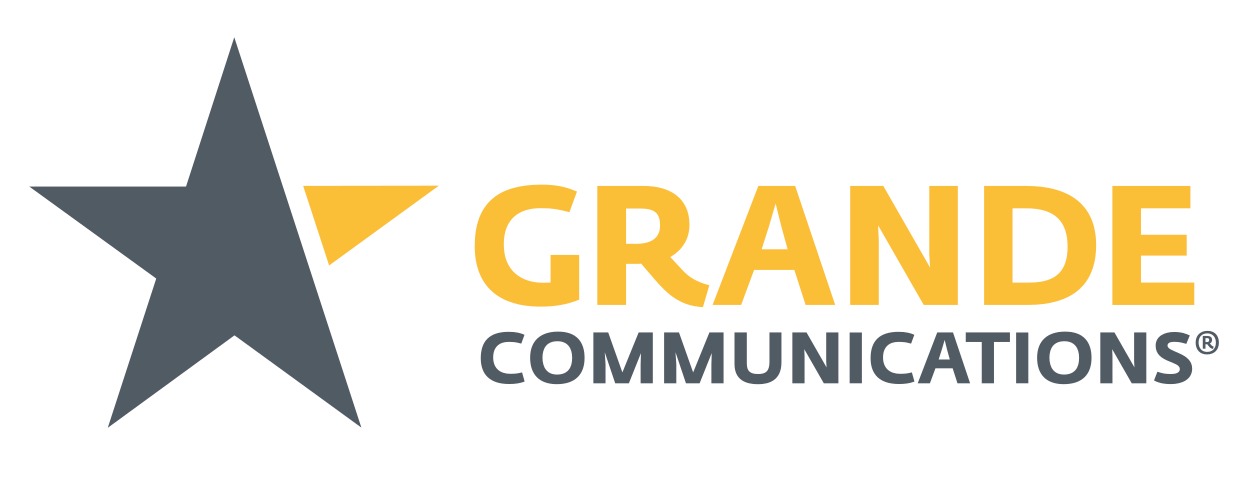This website uses cookies so that we can provide you with the best user experience possible. Cookie information is stored in your browser and performs functions such as recognising you when you return to our website and helping our team to understand which sections of the website you find most interesting and useful.
Business News Digital Labels & Publishers Legal
US judge declines to reverse $47 million copyright judgement against ISP Grande Communications
By Chris Cooke | Published on Monday 15 May 2023

A US judge has declined to overturn the ruling against Grande Communications which saw the US internet service provider ordered to hand over nearly $47 million in damages to the major record companies.
Grande – which rebranded as Astound Broadband last year – was one of the ISPs sued by the American music industry for not doing enough to combat copyright infringement and infringers on its networks.
As with the precedent setting legal battle in this domain – against Cox Communications – the record companies argued that Grande did not do enough to deal with repeat infringers among its customer base to avoid liability for its users’ infringement via the copyright safe harbour.
Last year a jury ordered Grande to pay the labels $46.8 million in damages in relation to the 1400 tracks which the music companies said had been distributed across the ISP’s networks without licence.
Earlier this year Grande asked the judge overseeing the case to overturn that ruling as a matter of law, on the basis that there was insufficient evidence to support the jury’s decision.
The net firm’s lawyers argued that the labels had failed to provide sufficient evidence that the 1400 tracks in question had been infringed on its networks; that Grande was wilfully blind to the direct infringement of their copyrights; that Grande contributed to that infringement; that separate statutory damages were due on each and every track; or that they even owned the copyright in the 1400 recordings.
Surely one of those things was enough to justify overturning the jury’s decision or ordering a retrial, the ISP said. But no. None of those arguments have convinced judge David Alan Ezra to intervene.
“Plaintiffs provided sufficient evidence for the jury to find that Grande’s users committed direct infringement”, the judge wrote in a ruling last week. And “the jury had a legally sufficient basis to find either knowledge or wilful blindness”.
Ezra cited the Cox Communications case to back up the contributory infringement point and other case law to conclude that it was fine for the jury to award separate statutory damages on each of the individual tracks that had been accessed or distributed without licence by Grande customers. And on the last of Grande’s gripes, “plaintiffs presented unrebutted evidence of ownership”.
With all that in mind, Ezra concluded: “Neither Grande’s legal nor evidentiary arguments warrant judgment as a matter of law or a new trial”. Which likely means that the ISP will now take the case over to the Fifth Circuit Appeals Court.





